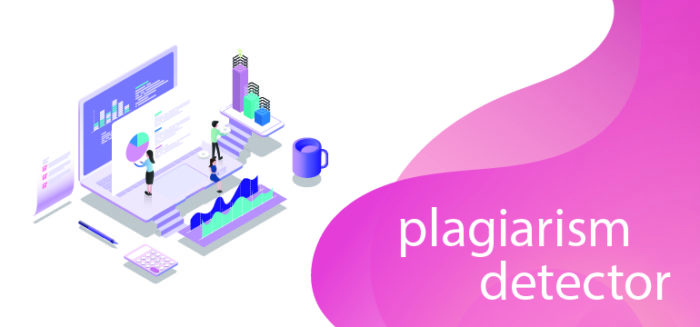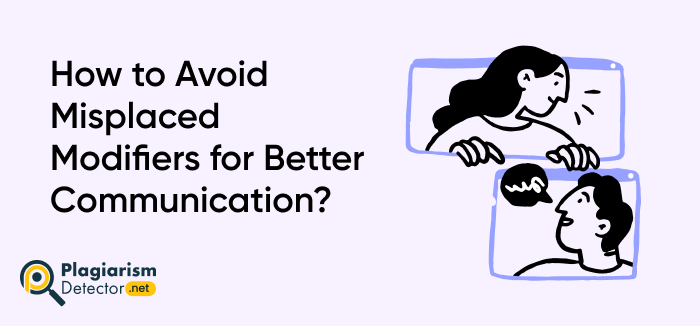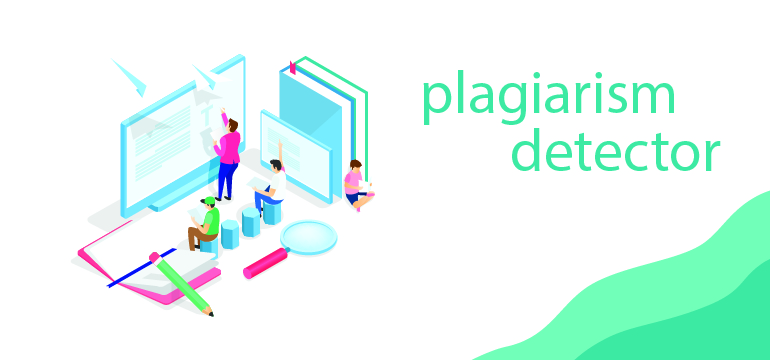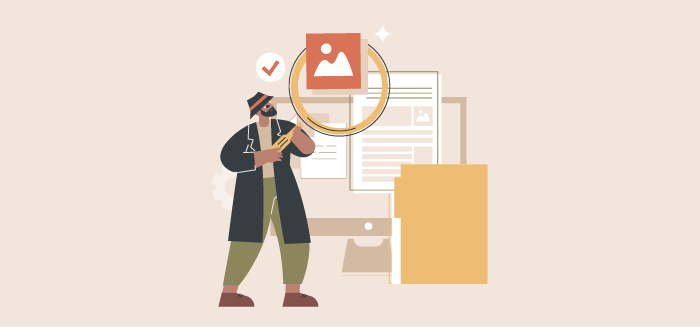 December 2, 2019
December 2, 2019
Should You Worry About Your Work Being Plagiarized?
There are billions of pages of content floating around on the internet. This is the information age, and the thirst to get information about anything that bothers us is easily quenched by turning to a search browser and searching for it.
It’s estimated that nearly 4 million queries are entered into Google every minute. In seconds, its algorithms spit out results for the latest Trump news, breast cancer, hotel rates, or any query that has been entered.
With such a plethora of information being available to users with a few clicks. Can an author or writer be sure that his original ideas are not being stolen? No, he cannot.
How Do Authors and Writers Work?
Like any other person, an author or writer has to earn a living. He makes a living by writing. His work is read, approved, proofread, edited, and published. He’s paid for his work, and sometimes that end’s his association with the content that he has written.
Similarly, writers are hired to write content, posts, columns, articles, and whatever writing work is required by a website operator, newspaper, news agencies, and magazine and journal publishers.
Virtually anything that is written is either the author’s own brainchild or that of a writer. All he has to do is to ensure that he has written original content, be it a story for children, or how to fine-tune a car. After finishing writing his piece, he makes sure that he has not accidentally committed plagiarism by checking his work using a plagiarism detector.
Once he’s satisfied with his work, he will send it off to the publisher.
Publishing Books and Content
Now, it’s up to the publishing house, the webmaster, or the SEO to publish the content, depending on who has assigned. After all, they want to sell the piece to as many buyers as possible to cover the costs and earn a profit. They have copyrights for all the work that they publish.
So far, everything seems to be going fair and square since the internet has become the most significant market to sell any product or service. If it’s a book, the publisher will publish the title and an excerpt. If you really want to, you have to pay to buy the book.
Website operators publish the content on their websites. They want the viewers to buy the information that they are selling.
How Scammers Operate
Scammers are like hyenas; they see a hot seller and want to make quick money. A scammer decides to buy the book, scans it, and saves it in text format on his computer. He can advertise and sell it, again on that worldwide market known as the internet. Of course, he will be undercutting the publisher’s price.
People who are raring to read that author’s latest story will grab up copies eagerly. Why not! Everybody looks for a bargain. And crooks also have to make a living.
Sellers of products and services see a competitor’s site doing well and want to copy the content. They will get the content rephrased, spun and will publish it on their own website.
This is no fiction or story; this is the brutal truth. The irony of this is that if the author, writer, or publisher were to use a plagiarism checker to check the piece that they are the originators of, the detector would display in its results that it is 100 percent plagiarized!
Shortcomings of Plagiarism Detectors
This is a huge problem with automated plagiarism detectors; each is working in their own domain. They don’t maintain any history of the dates of when a piece was submitted for checking. It’s the same with search engines; they match the text and not date.
If all the plagiarism detecting software providers were to join hands and set up a central date wise database of submitted documents for checking, only then would they be able to tell you who is the originator and who all are the plagiarizers.
Will this happen anytime in the future? Frankly – no. The reason is pretty simple. Most of the plagiarism detecting applications are riding piggyback on search engines.
Yes, that’s true. You submit a document for checking. The plagiarism checking app breaks it down into short strings of words and does a search on a search engine. If it gets an exact or near similar match, it flags it as plagiarized.
In fact, the exact or near similar match has been taken from the results returned by the search engines. In reality, very few plagiarism detection providers have massive indexed databases that are storing billions of pages.
Bottom Line
If you are an author and have checked your work on a plagiarism checker and it’s Okayed it. Pass it on to your publisher and think of your next story. Let the publisher worry about plagiarism.
You have told the world a story, sit back, relax, and bask in the glory that the people have liked your work so much that they are ready to cheat to get their hands on it.



